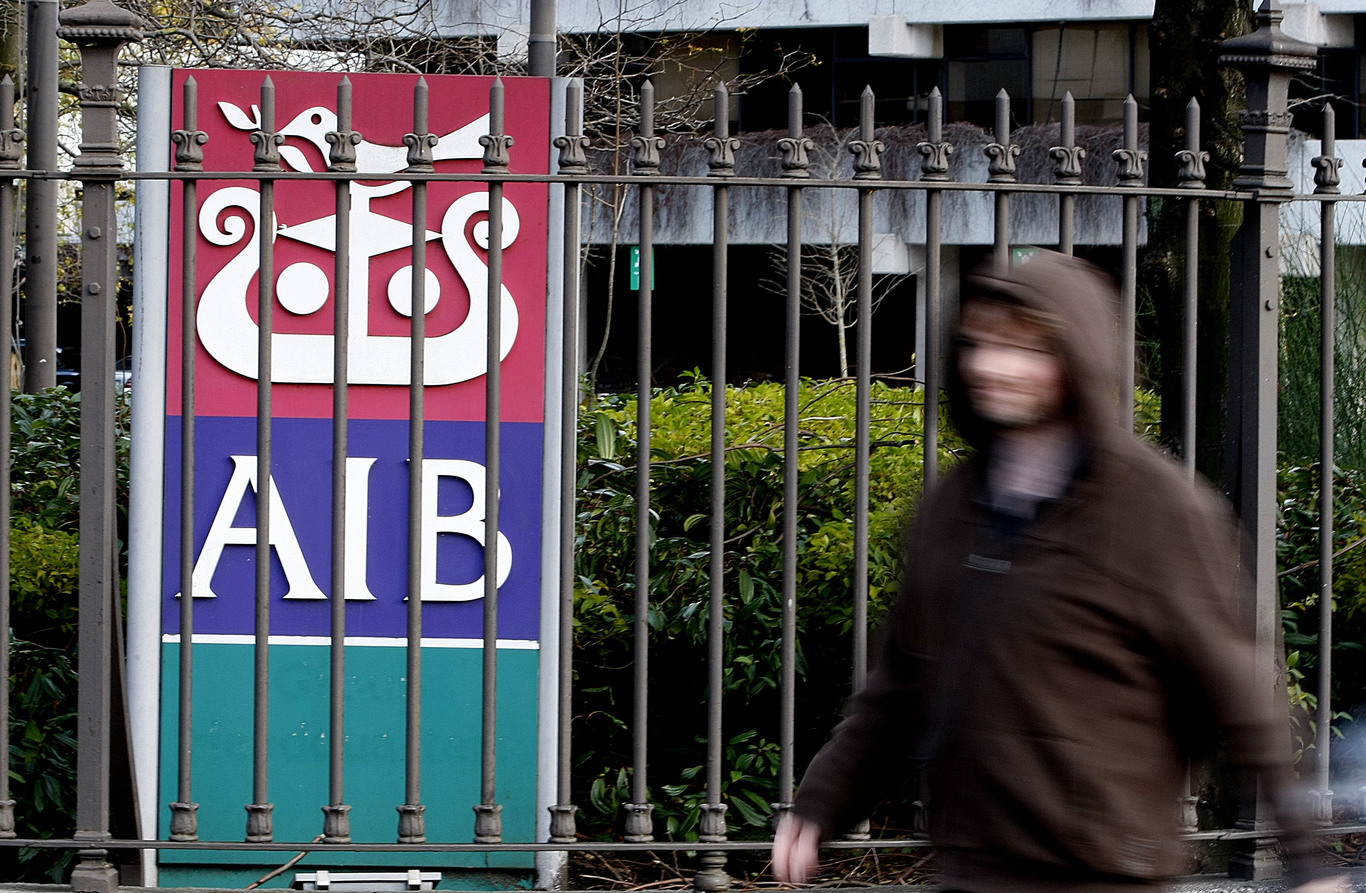The way has been cleared for a High Court showdown between investors and AIB
Investors are suing over losses they sustained after they put money into property funds.
A HIGH COURT judge has cleared the way for hundreds of damages actions brought by investors who invested in property funds promoted by Allied Irish Bank (AIB) to proceed to a full trial.
In his ruling on a preliminary issue, concerning more than 300 actions over the fund known as the Belfry Funds, Justice Robert Haughton found that while elements of the claims are statute barred the cases can go ahead.
In their proceedings the investors have sued over losses they sustained after they put money into five Belfry Funds. The funds invested in commercial property in the UK.
The investors allege the funds were promoted between 2002 and 2006 by the bank and five directors of various companies in the Belfry Properties group, including property investor Tony Kilduff and former head of AIB private banking John Rockett.
Individuals invested anything between €75,000 and €440,000 in the funds between 2002 and 2006, which were sourced from savings, pension funds or loans.
Following the collapse of the funds investors have brought claims seeking damages.
They claim the defendants were negligent, acted in breach of contract, and in breach of fiduciary duty in the manner they operated the funds.
Denied
The claims are denied. The defendants had also argued the claims were statute barred on grounds including that the actions were brought more than six years after the entered into the Belfry Investments.
The investors rejected this and their lawyers argued that the claims should be allowed proceed to a full hearing.
In what was a lengthy and detailed judgment on the issue of whether the claims were statute barred, the judge said the investors claims of an alleged failure to advise them about aspects of the funds, known as a Loan To Value (LTV) covenant, before they invested in the funds are not statute barred.
It is claimed that these covenants permitted assets which the fund had invested in to be sold, if their value fell below a certain amount. These asset sales, it is claimed, occurred as prices plummeted during the recession.
The investors had claimed there was failure by the defendants to specify or explain the LTV covenants or the possible consequences of such covenants before investors put their money into the funds.
The judge, who based his decision on eight test or pathfinder cases, also found other categories of the claims had been brought outside the statute of limitations.
Full hearing
The aspects of the claims the judge found to be statute barred, and were brought outside of the allowed six year period include that the defendants were negligent in the management and choice of the investments, the rotation of the properties and the generation of excessive fees.
The judge also held claims the defendants were negligent arising from alleged shortcomings in the various fund’s prospectuses, and over advice given about the investments suitability and financial risk had also become statute barred.
Speaking after the ruling solicitor Tom Casey, who is representing the majority of the investors, said that after a six day hearing on the preliminary issue his clients were delighted with the court’s decision.
Approximately 30 of the investors were present in court for Justice Haughton’s ruling.
While the court had found certain elements of the claims are statute barred his client’s claims can proceed to a full hearing before the High Court, he said.
The judge adjourned the matter to a date in May to allow the parties consider his ruling.
Sign up to our newsletter to receive a regular digest of Fora’s top articles delivered to your inbox.





